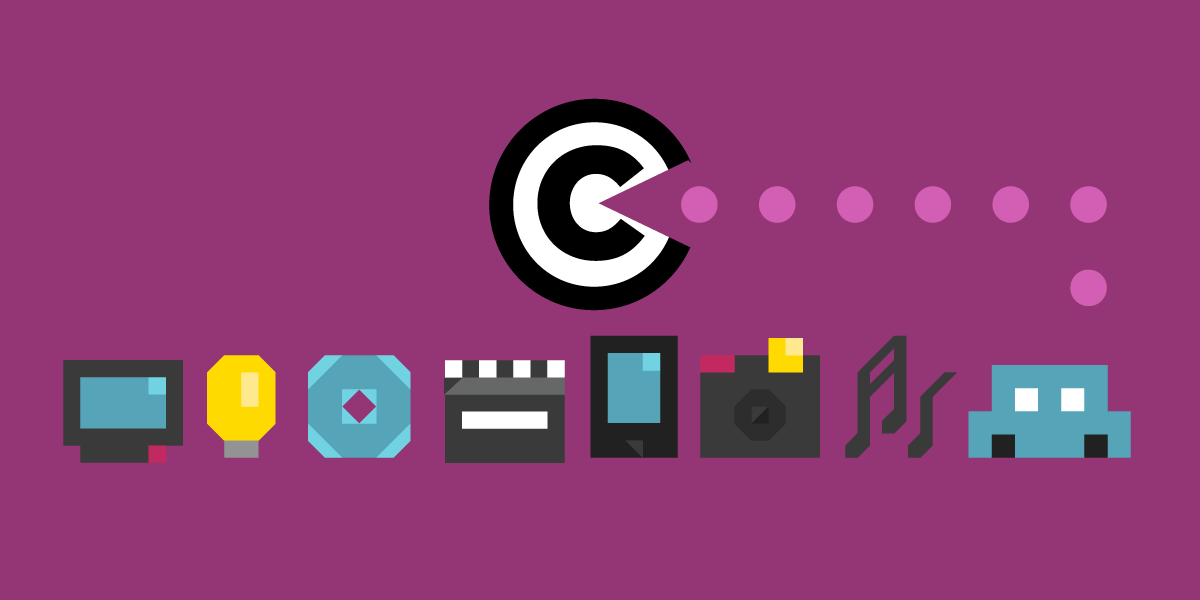Twelve years ago, internet users spoke up with one voice to reject a law that would build censorship into the internet at a fundamental level. This week, the Motion Picture Association (MPA), a group that represents six giant movie and TV studios, announced that it hoped we’d all forgotten how dangerous this idea was. The MPA is wrong. We remember, and the internet remembers.
What the MPA wants is the power to block entire websites, everywhere in the U.S., using the same tools as repressive regimes like China and Russia. To it, instances of possible copyright infringement should be played like a trump card to shut off our access to entire websites, regardless of the other legal speech hosted there. It is not simply calling for the ability to take down instances of infringement—a power they already have, without even having to ask a judge—but for the keys to the internet. Building new architectures of censorship would hurt everyone, and doesn’t help artists.
The bills known as SOPA/PIPA would have created a new, rapid path for copyright holders like the major studios to use court orders against sites they accuse of infringing copyright. Internet service providers (ISPs) receiving one of those orders would have to block all of their customers from accessing the identified websites. The orders would also apply to domain name registries and registrars, and potentially other companies and organizations that make up the internet’s basic infrastructure. To comply, all of those would have to build new infrastructure dedicated to site-blocking, inviting over-blocking and all kinds of abuse that would censor lawful and important speech.
In other words, the right to choose what websites you visit would be taken away from you and given to giant media companies and ISPs. And the very shape of the internet would have to be changed to allow it.
In 2012, it seemed like SOPA/PIPA, backed by major corporations used to getting what they want from Congress, was on the fast track to becoming law. But a grassroots movement of diverse Internet communities came together to fight it. Digital rights groups like EFF, Public Knowledge, and many more joined with editor communities from sites like Reddit and Wikipedia to speak up. Newly formed grassroots groups like Demand Progress and Fight for the Future added their voices to those calling out the dangers of this new form of censorship. In the final days of the campaign, giant tech companies like Google and Facebook (now Meta) joined in opposition as well.
What resulted was one of the biggest protests ever seen against a piece of legislation. Congress was flooded with calls and emails from ordinary people concerned about this steamroller of censorship. Members of Congress raced one another to withdraw their support for the bills. The bills died, and so did site blocking legislation in the US. It was, all told, a success story for the public interest.
Even the MPA, one of the biggest forces behind SOPA/PIPA, claimed to have moved on. But we never believed it, and they proved us right time and time again. The MPA backed site-blocking laws in other countries. Rightsholders continued to ask US courts for site-blocking orders, often winning them without a new law. Even the lobbying of Congress for a new law never really went away. It’s just that today, with MPA president Charles Rivkin openly calling on Congress “to enact judicial site-blocking legislation here in the United States,” the MPA is taking its mask off.
...
More:

The Motion Picture Association Doesn’t Get to Decide Who the First Amendment Protects
Twelve years ago, internet users spoke up with one voice to reject a law that would build censorship into the internet at a fundamental level. This week, the Motion Picture Association (MPA), a group that represents six giant movie and TV studios, announced that it hoped we’d all forgotten how...

